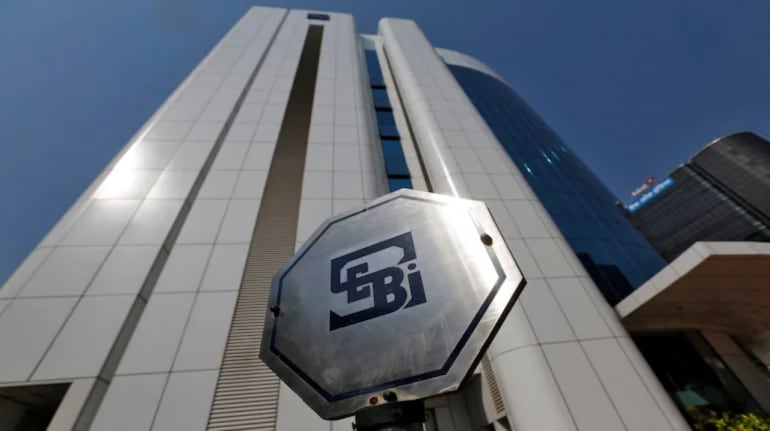



Recently, SEBI passed an order against a reputed listed company and some of its promoters debarring them alleging that accounting misstatements were made to significantly overstate turnover and profits. Soon thereafter, and issues from which are the focus of this article, SEBI also levied penalties on directors and officials of this company on grounds that they failed in their duties.
The former order is reportedly to be appealed against, and hence the matter may be considered sub judice. But, independent of the specific facts and merits of these orders, certain important provisions relating to independent directors and SEBI’s stand thereon arise.
The reasons given by SEBI in finding independent directors guilty have concerns across the industry with far-reaching academic and practical relevance. Does the law really hold independent directors responsible at high level and detail?
To summarise, the allegations in the SEBI rulings, taking them at face value, were as follows. That the listed company booked wrongfully/prematurely booked sales/profits by entering into MOUs with a ‘group’ entity. That the company engaged in a concerted attempt to carry out such acts, and the independent directors/audit committee did not exercise proper diligence in respect of such transactions.
That a group entity was structured with cross holdings in such a manner that though they were controlled, owned or influenced by the listed company, they were shown as not being subsidiary/associate company/related party. Now, as stated, we need not go into the specifics of this particular case, but we could certainly examine academically what are the liabilities of independent directors if certain specific set of facts similar to alleged here indeed took place.
Let us first consider generally some provisions of the SEBI regulations. Firstly, there are generic provisions for the board as a whole such as “ensuring the integrity of…accounting and financial reporting systems, including the independent audit…”. The audit committee is mandated to “…ensure that the financial statement is correct, sufficient and credible..”. There are several other broadly-worded requirements.
However, there is a specific provision in the SEBI regulations severely limiting the liability of independent directors which, curiously, is not even referred to in the ruling, much less analysed. To hold an independent director, the provision says that, firstly, the independent director should be aware of the wrong through board processes. Further, the wrong should have taken place with their consent or connivance or through their lack of diligence. If these preconditions are not fulfilled, the independent director is not liable.
Now let us see how this applies to some set of facts.
SEBI claims that a group of companies were designed in such a manner that they would not be held to be subsidiaries or associates or related parties. Transactions with such entities are regulated and/or otherwise require accounting in a particular manner. The question is if these facts are not made known to the board, and the independent directors have not consented or connived or have not been shown to display lack of diligence in this regard, are they still liable?
SEBI profusely refers to minutes of the board meetings, accounts and finances of an allegedly ‘associate company’ with which there were transactions. Here again, if it is not shown that minutes, etc. are placed before the board of the listed company, whether the independent directors of the listed company can still be held liable?
SEBI alleged that the ‘associate company’ was structured through crossholding to escape the legal definition of ‘associate company’. But even this allegation presupposes that one is aware of the whole picture, and its alleged objective. If the board of the listed company is not aware of it, would the independent directors be still liable?
SEBI has wide powers to collect information from various sources. That helps see what appears to it as the ‘larger picture’. There is also the benefit of hindsight. Can the benefit of information and hindsight wisdom of matters nearly a decade old be used to judge acts of independent directors?
The auditors made a point of ‘emphasis’ in their report regarding significant transactions with the ‘group’ company but did not dissent or qualify. Auditors were not held liable for any default by SEBI. In which case, can the independent directors still be held liable? SEBI relied on report of the Kumar Mangalam Birla Committee on corporate governance. Curiously, the report also says, “The (audit) committee’s job is clearly one of oversight and monitoring and in carrying out this job it relies on senior financial management and the outside auditors”. If auditors have not dissented with the accounting treatment, and no fault is found with them, can the audit committee members be still held liable?
These are just some major questions that need to be ruled on, hopefully, in appeals to this case. This will not only guide independent directors in performing their duties, but also SEBI in deciding on their liabilities in other cases.
The responsibilities of independent directors are wide, but the law restricts their powers and perks. They get about 4-5 opportunities of board/audit committee meetings to examine the developments in a company. This is perhaps the reason the law substantially restricts their liability to a situation where certain pre-requisites are established. If they are still held liable and penalised without establishing knowledge, connivance, negligence, etc., it would be worrisome. If this leads to qualified and competent persons shunning such posts, it would be bad for the capital market and even the regulator since the scheme of corporate governance has independent directors as an important pillar.
Discover the latest Business News, Sensex, and Nifty updates. Obtain Personal Finance insights, tax queries, and expert opinions on Moneycontrol or download the Moneycontrol App to stay updated!
Find the best of Al News in one place, specially curated for you every weekend.
Stay on top of the latest tech trends and biggest startup news.